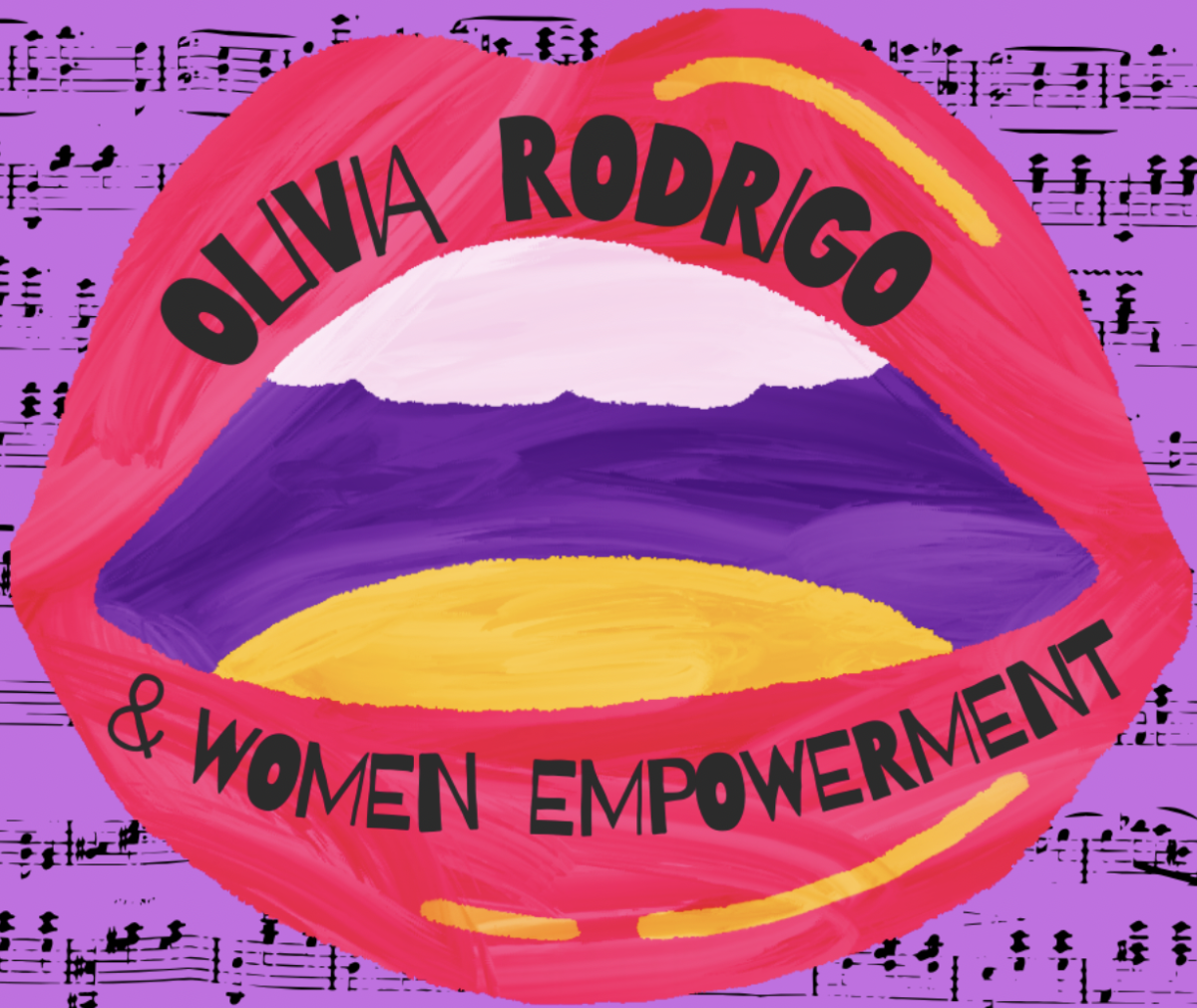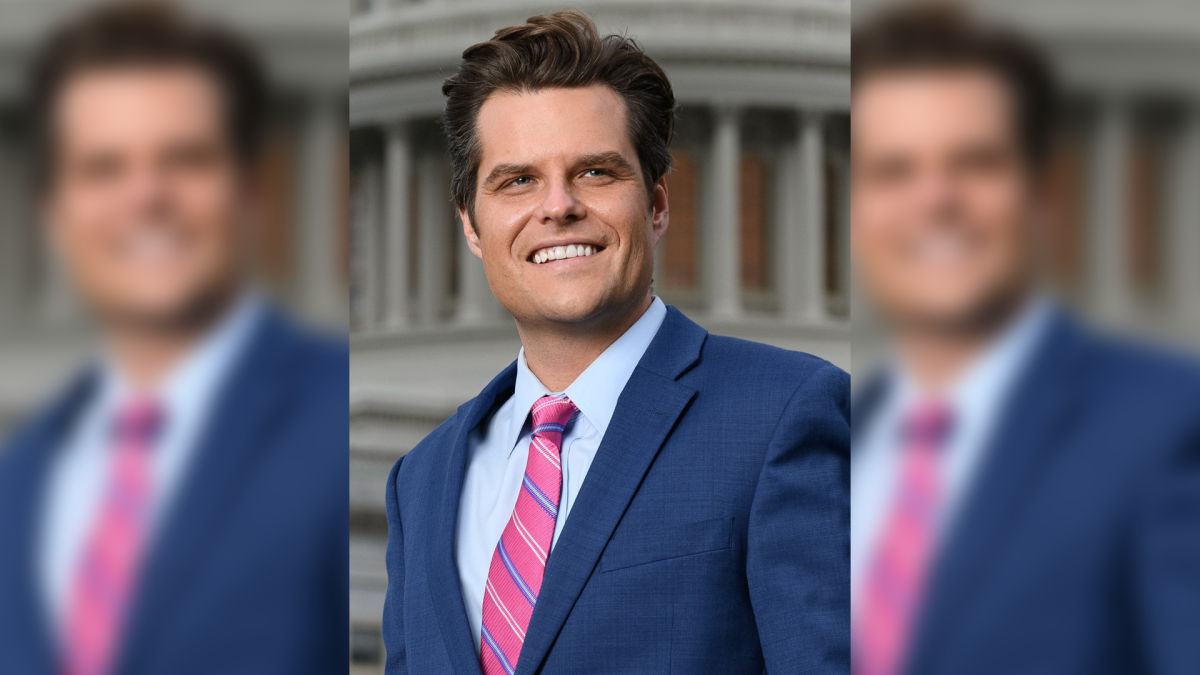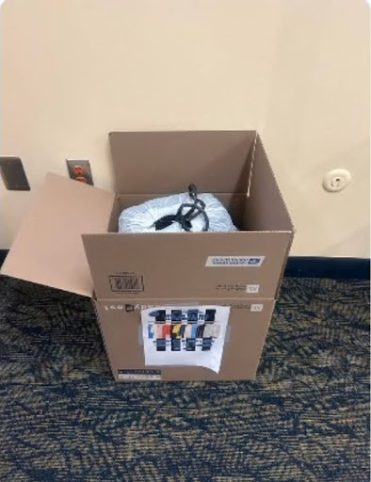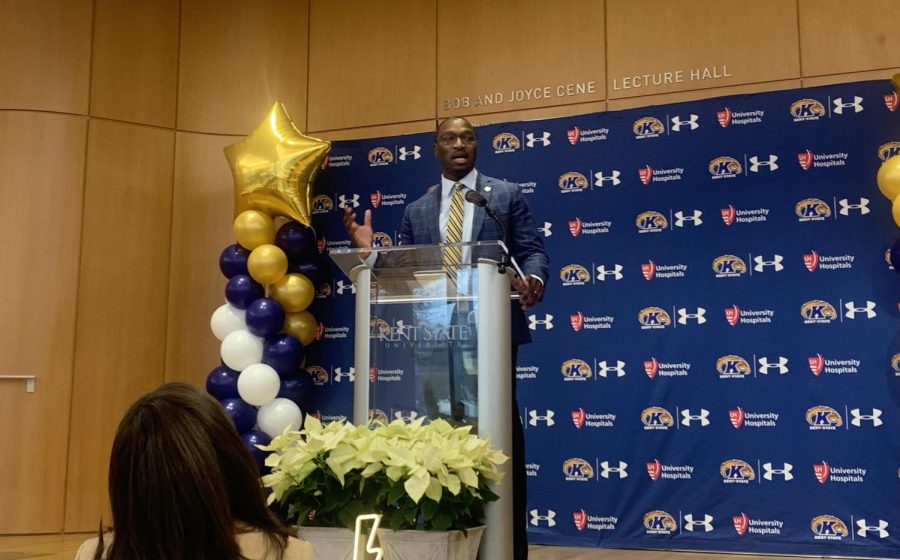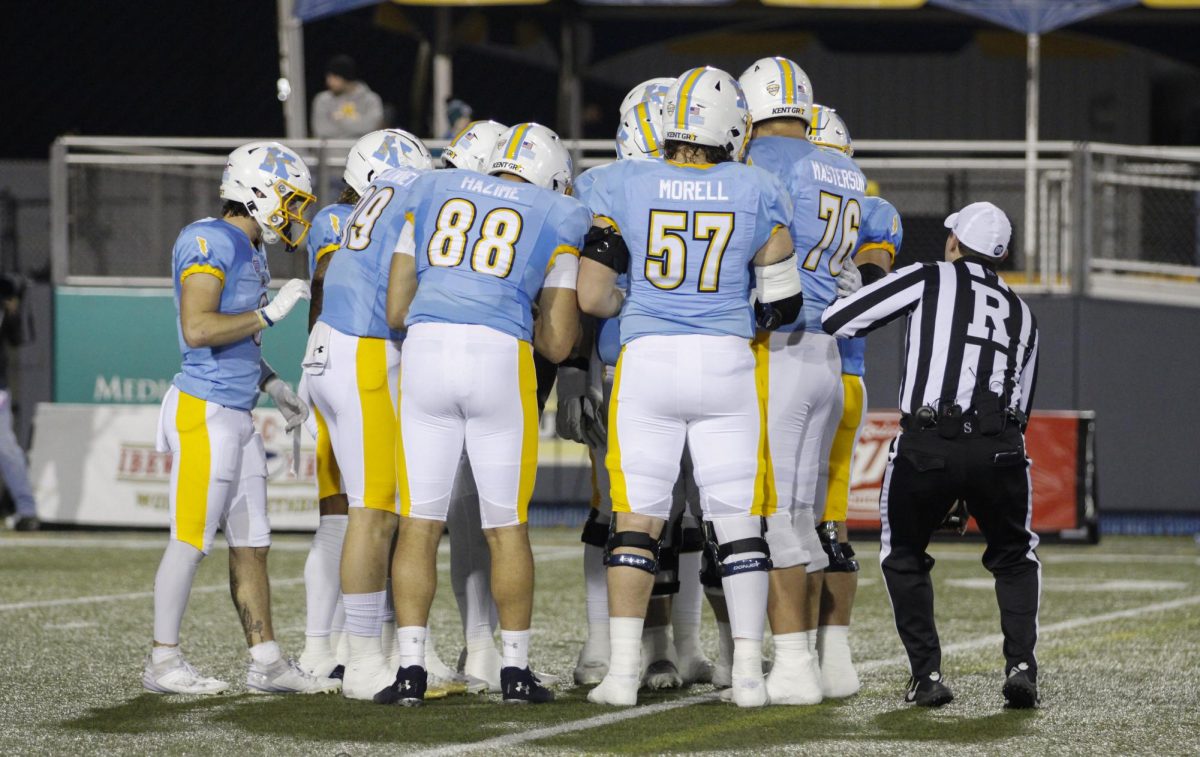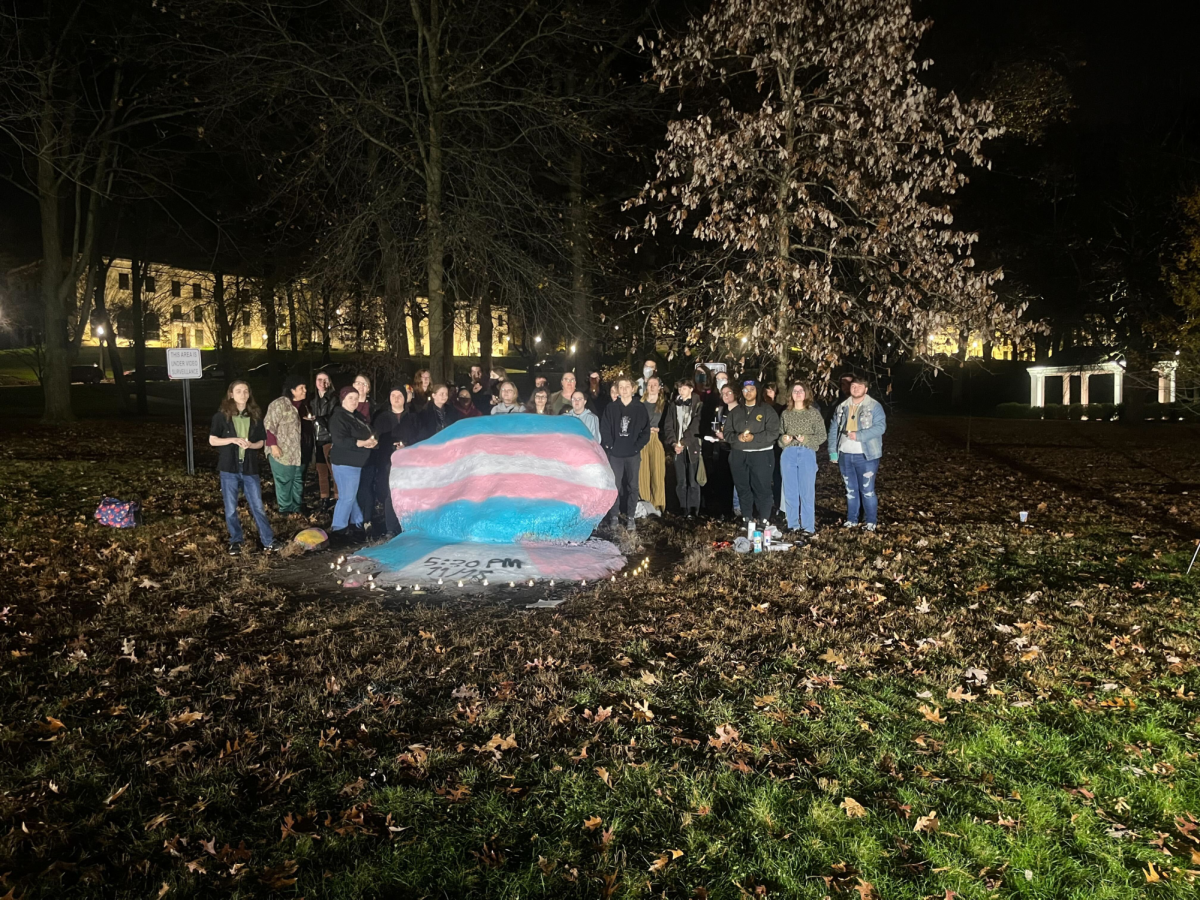At 20 years old, American singer-songwriter and three-time Grammy Award winner Olivia Rodrigo released her second studio album, “GUTS,” Sept. 8, with her songs revolving around female rage, complex emotions and mental health advocacy.
Rodrigo’s new album “shows female rage and what it means to be a young woman in our world today,” senior fashion merchandising major Olivia Kulin said. “She is an outlet for anger or sadness.”
“SOUR,” Rodrigo’s debut album, explored themes of heartache, anger, jealousy and adolescence. One of her most popular songs, “Driver’s License,” conveys the artist’s raw emotion through a true story. She currently has over 63 million monthly listeners on Spotify.
Historically, patriarchy has been present in society, and female artists like Rodrigo have touched upon this topic.
“One of the first words that girls know is ‘should,’ and then, ‘must,’” said Professor Suzanne Holt, chair of the department of women’s studies. “Our lives have been pretty regulated by others.”
In an interview with Zane Lowe on Apple Music’s New Music Daily Radio, Rodrigo said her new album is “about sort of the confusion that comes with becoming a young adult and figuring out your place in this world.” Her opening track, “All-American Bitch,” expresses “repressed anger” and the feeling as if “you’re trying to be put into a box as a girl,” she said.
Female artists like Taylor Swift, Beyonce, Selena Gomez and Billie Eilish have promoted themes of feminism, authenticity, self-expression and empowering women through songwriting. Historical societal restrictions on women have moved performers to express authenticity and instigate female bonding.
“There’s some fear of an individual woman becoming empowered, but there’s great fear of what happens when a group of women become empowered,” Holt said.
Music can contribute to movements, combining artistic expression with real-world problems to unite people, and according to junior psychology major Jordan Hitt, “It really only takes one person to start an army or rally a group of people.”
Young female artists across the music industry may also provide an outlet for individuals who struggle with mental health.
“She does talk about mental health stuff, which I think is a really big deal for teens [and] for young adult women,” said Cheryl Neal from Kent State’s senior guest program. “And because it’s hard to be a young woman, I think that’s fantastic.”
If artists can master both music and lyrics, they can deliver something to people that they may not be able to do themselves, according to Holt.
“If I want to know myself and empower myself, maybe it’s not direct,” Holt said. “Maybe one of the ways I do that is by finding someone who’s not necessarily a mirror of me.”
With her songs’ messaging, other students have found solace and relatability in Rodrigo’s music.
“To not only hear someone having those issues, but someone so big and to see so many people relating to it too,” sophomore psychology major Alex Dodd said, “it gives a sense of community.”
Lauren Bischof is a reporter. Contact her at [email protected].


